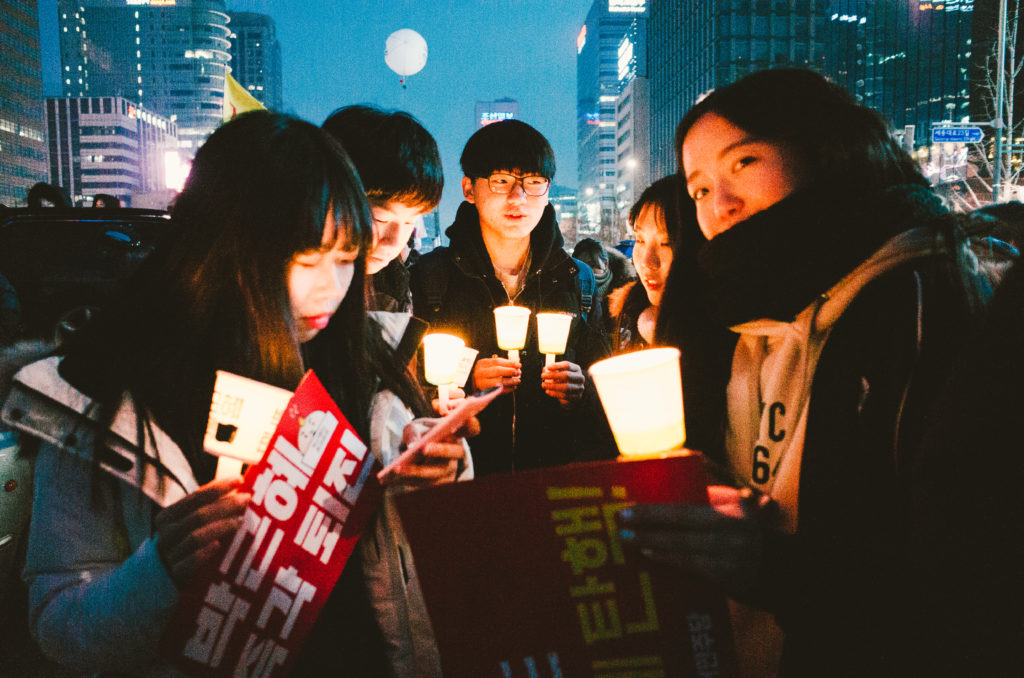The Peninsula
Corruption Allegations Catch Public Attention

What Happened
- The ruling Democratic Party’s presidential frontrunner, Lee Jae-myung, faced scrutiny over allegations that Seongnam city extended preferential treatment to a private asset management company during his mayorship.
- Meanwhile, newspapers broke the story that the same company provided the son of opposition lawmaker Kwak Sang-do with an unusually large severance payout of USD 4.2 million when he changed jobs, raising allegations of influence-buying.
- Kwak has since left the People Power Party and offered to resign from his seat in the National Assembly.
Implications: The issue of corruption remains center-stage in South Korea’s election politics. Although unlikely to become all-dominant as President Park Geun-hye’s graft scandal had been during the 2017 election, the allegation that Lee was involved in extending preferential treatment to a private company is poised to be a talking point in next year’s election. The opposition People Power Party may also raise other corruption scandals that have badgered the incumbent administration. These include the case of officials in the publicly-owned land development company engaging in real estate speculation using insider information – a particularly sensitive issue amid the housing crisis. So far, however, none of the leading candidates for the presidency have been accused of nepotism: an issue that is akin to touching the third rail for South Korean politicians.
Context: South Korea’s previous two presidents are serving jail sentences on bribery charges. Other former presidents and members of presidential families have been accused of similar abuses. This hints at an endemic corruption problem that has harmed the public’s confidence in politicians. Correspondingly, a 2014 UN report characterized South Korea as a low-trust society. In response, President Moon Jae-in made anti-corruption one of his governing objectives at the start of his term in 2017. Based on Transparency International’s Corruption Perceptions Index, more people believe that the government has become cleaner since President Moon’s tenure began. However, this does not mean that the issue is out of the public spotlight.
This briefing comes from Korea View, a weekly newsletter published by the Korea Economic Institute. Korea View aims to cover developments that reveal trends on the Korean Peninsula but receive little attention in the United States. If you would like to sign up, please find the online form here.
Korea View was edited by Yong Kwon with the help of Janet Hong and Yubin Huh. Picture from the flickr account of Ken Shin
